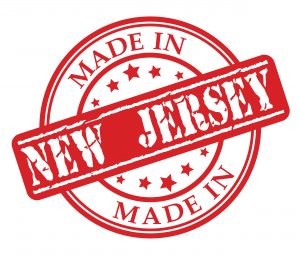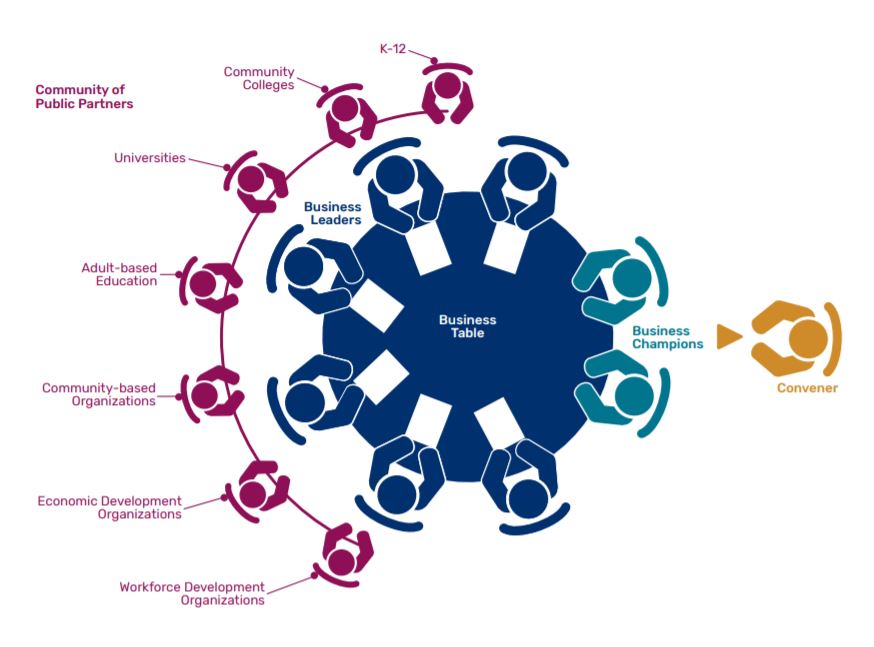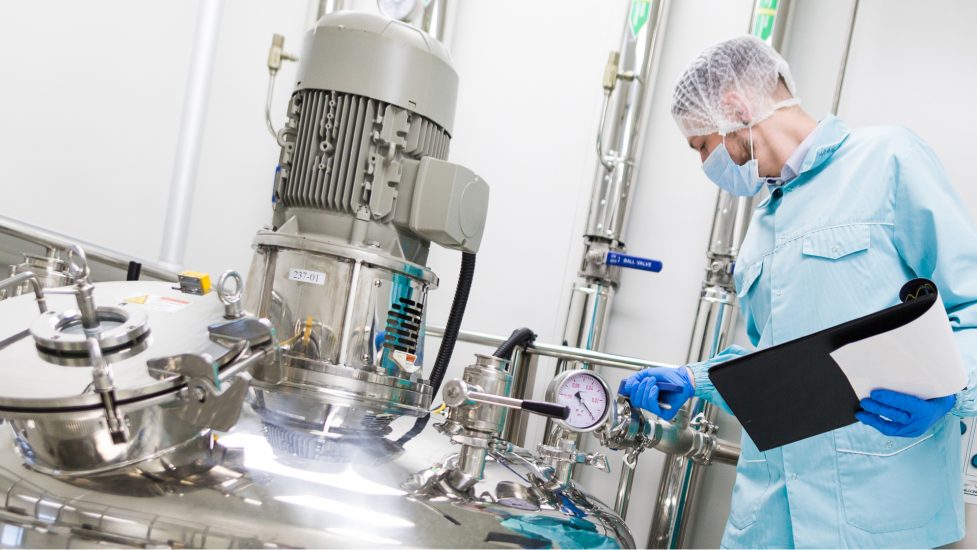A majority of young adults don’t think manufacturing will provide them with a good career, or that the work is noisy and dirty, with the end result being that the number of young people joining the industry is shrinking. It’s happening around the country. One state has a new initiative aimed at changing that trend.
New Jersey has launched a new collaborative program with the manufacturing industry to address the aging workforce and to develop a strong pipeline of new talent. The New Jersey Department of Labor and Workforce Development’s Manufacturing Industry Partnerships initiative brings together advanced manufacturers and public partners, including local colleges and universities.
“We know that meeting the needs of business can’t solely be about training. It requires a comprehensive approach,” says Labor Commissioner Robert Asaro-Angelo. “We want everyone to not only have a seat at the table, but be actively engaged with each other, learning, and developing our state’s workforce through all the connections and resources available.”

New Jersey’s manufacturing industry, like the rest of the country, has been shrinking. Over the past decade, the state’s manufacturing workforce has shrunk by about 6,500 jobs, according to the U.S. Bureau of Labor Statistics. Currently, 241,700 people, or 5.4%, of the state’s civilian labor force is employed in the industry. There are more than 9,000 manufacturers in the state, with chemical manufacturing making up the largest sector.
The program breaks up the state into three regions (Northern, Central and Southern), so specific challenges and local economies can be addressed. One of the goals is to work at the education level to develop or provide specialized training—even at the high school level—in combination with resources and insights from the area companies. Together, these efforts could lead to opportunities for a future workforce at home.
“Industry Partnerships brought leaders in manufacturing together to discuss our biggest challenges, with the direct support of government and education in the room,” says John Radwell, vice president of customer satisfaction at Radwell International. “One of the most discussed issues is improving our talent pipeline, and this forum helped us agree to bring more students and teachers into our facilities, fostering internships, co-ops, and more hands-on opportunities.”
The program is following the National Generation Sector Partnership model that includes four keys:
- Business Champions (who promote the idea of the partnership)
- Business Leaders (such as CEOs and owners)
- Convener (a project manager and facilitator)
- Community of Public Partners (workforce development, economic development, education, and others).

The Garden State also has successful models from across the country to use as examples, programs such as the East Texas Manufacturing Alliance, which is planting the seeds of manufacturing careers as young as kindergarten, and the Calumet Manufacturing Industry Sector Partnership, which implements curriculum for manufacturing career-readiness in several high school districts.
“Advanced manufacturing is one of the high-growth sectors identified in Governor Murphy’s plan for a stronger and fairer economy, and supporting this industry is key to creating good jobs for New Jersey residents. The input we have received from conversations with industry leaders will facilitate the development of initiatives that address the challenges the industry faces. We appreciate the opportunity to partner with Commissioner Asaro-Angelo and his team,” says New Jersey Economic Development Authority CEO Tim Sullivan.
In an address earlier this month on Manufacturing Day 2020, Gov. Murphy said to participants, “You’ve been essential to our state’s response. In fact, New Jersey’s manufacturers and your employees have been among the unsung frontline heroes during the COVID-19 pandemic. And by continuing to work together, we can do more to reposition our state for long-term growth and success.”











